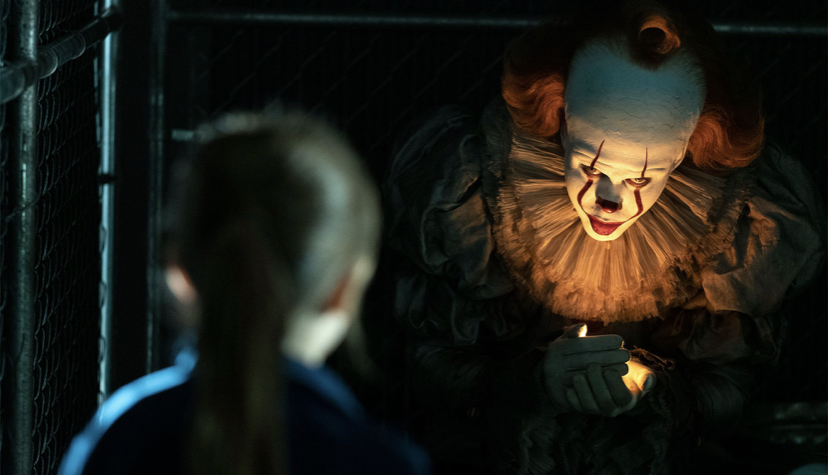by Emma Dawson
Last week, film lovers across the nation mourned the loss of Chicago Sun-Times film critic Roger Ebert, who passed away Thursday after years of battling cancer. Ebert left behind a Pulitzer Prize, his own star on the Hollywood Walk of Fame, more than twenty published and widely appraised books, and over four decades’ worth of reviews, articles, interviews, and columns. It could certainly be argued, through the unbiased statistics of Ebert’s professional career, that he was the most influential film critic of all time. The numbers cannot speak, however, for the impact with which Ebert’s passion taught our nation—generation after generation—to fall in love with film.
It is important, even for the most casual movie viewers, to learn to appreciate film through the eyes of someone like Ebert. “If one of the pleasures of moviegoing is seeing strange new things on the screen, another pleasure, and probably a deeper one, is experiencing moments of recognition – times when we can say, yes, that’s exactly right, that’s exactly the way it would have happened.”
In this way, Ebert taught viewers to think for themselves. His reviews never aimed to change a person’s opinion, and whether he loved or hated a film was never the focus. Rather, Ebert wrote to arouse a curiosity strong enough to keep bringing people back to the movies. Simply, Ebert hoped to pass on an experience.
For nearly the last ten years of his life, Ebert permanently lost his speech after a portion of his jaw was removed due to cancer. Despite this tragedy, Ebert continued to write frequent reviews and to share his life with the public through eloquently crafted blog posts. His dedication to his readers never wavered, despite his frailty, and he shared the most personal sentiments regarding his acceptance of death: “I know it is coming, and I do not fear it, because I believe there is nothing on the other side of death to fear…I was perfectly content before I was born, and I think of death as the same state.”
Ebert’s reputation has been crafted by his ability to relate to the average viewer and the conversational, rulebreaking bluntness of his voice. He was never condescending or overly artful; he was always forgiving and constructive. These traits gave his columns an approachable allure, and his image is an undoubtedly charming one. With both humility and wisdom, Ebert himself has come to represent film review across the nation. Through his successes and the consistency of his honest, unrestrained display of passion for and dedication to film, Ebert left an inerasable mark on the film industry. His death is truly a loss, but his legacy will last.
Ebert granted admirers insight into the tenderness of his gratitude toward film, his career, and his readers in the affectionate closing of his final blog post: “So on this day of reflection I say again, thank you for going on this journey with me. I’ll see you at the movies.”





